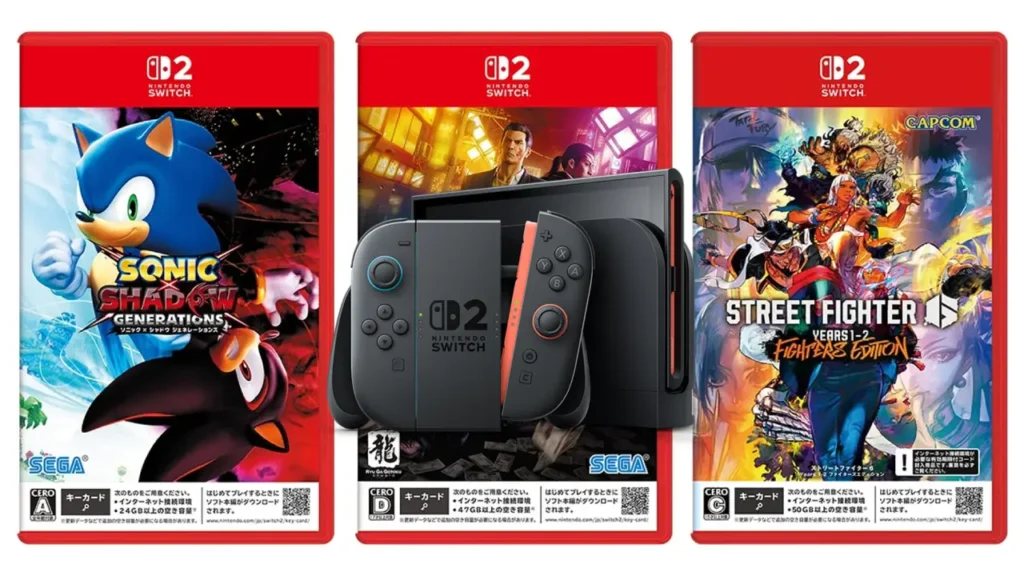
The Nintendo Switch 2 is off to a phenomenal start, having sold over 3.5 million units within just four days of launch. But while the hardware numbers and first-party games like Mario Kart World are soaring, a growing number of reports suggest that third-party titles are struggling to gain traction on the new platform.
📊 First-Party Dominance Is Clear
A new report by The Game Business cites data from NielsenIQ, showing that 86% of physical game sales for the Switch 2 were first-party, including bundles. Even when excluding the Mario Kart World bundle, first-party still made up 48% of all physical game sales. Similarly, Circana data in the U.S. shows 68% of launch game sales were first-party, again excluding bundled sales.
This trend raises concerns about the market performance of third-party developers, especially considering the platform launched with a mix of both first-party and third-party titles.
🧩 Strong Hardware, Weak Third-Party Sales
The Switch 2 is available in two editions: a $450 console-only version and a $500 bundle with Mario Kart World. The console itself has been a commercial success, but publishers behind third-party games aren’t seeing the same returns.
One unnamed third-party publisher revealed to The Game Business that Switch 2 game sales were “below our lowest estimates,” highlighting the gap between the console’s massive potential and the current lack of interest in non-Nintendo titles.
Even so, some third-party games have managed to break through. Cyberpunk 2077: Ultimate Edition was reported as the best-selling third-party game during launch, while Sega emerged as the leading third-party publisher, thanks to multiple releases like Yakuza 0: Director’s Cut and Sonic X Shadows Generations.
🎮 What This Means for Developers and Nintendo
Nintendo has long been known for its dominant first-party IPs, but this performance disparity poses a challenge. A healthy ecosystem on any console depends on the success of both first- and third-party games. If major third-party publishers continue to see underperformance on Switch 2, they may reduce their investment in future titles for the platform.
Nintendo must strike a better balance between promoting its own titles and ensuring visibility and support for third-party games, or risk limiting the console’s long-term appeal to a broader gaming audience.